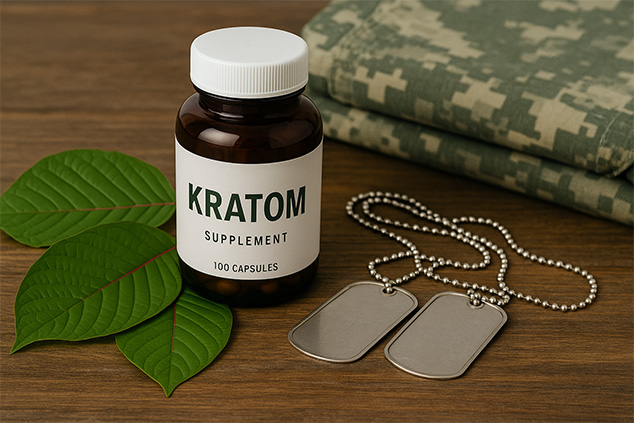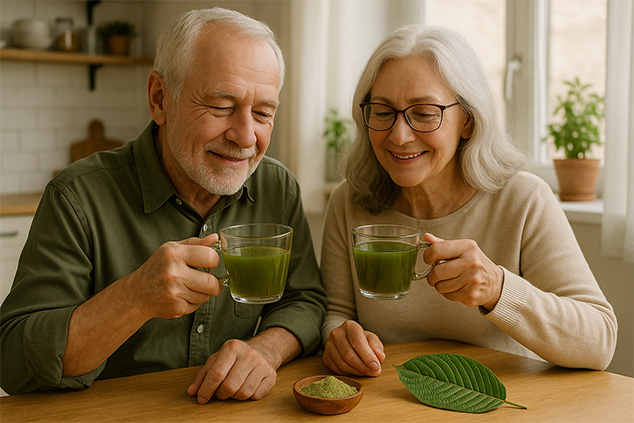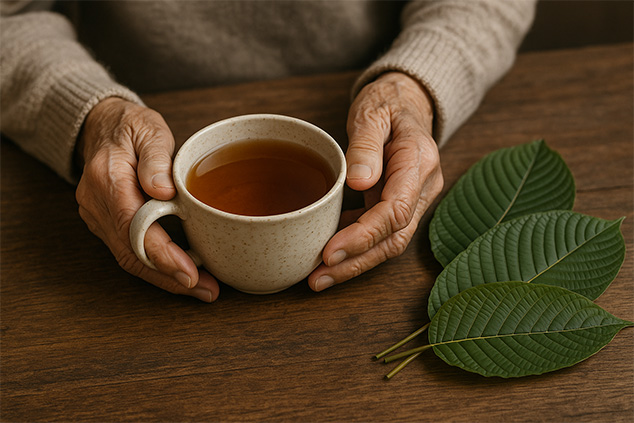US military members are well-known for their extraordinary abilities, strength, endurance, and capacity to go through rigorous training and extreme … [Read more...] about Military Kratom: Can You Take Kratom in the Military
Kratom Guides
7 Outstanding Benefits of Kratom for Seniors
The majority of kratom users are young or middle-aged. While there are many ways in which they can benefit from this beneficial herb, there are also … [Read more...] about 7 Outstanding Benefits of Kratom for Seniors
Can You Smoke Kratom and Weed Together
Humanity has been relying on plant medicine long before modern medicine existed. Practices such as Ayurveda and Traditional Chinese Medicine are still … [Read more...] about Can You Smoke Kratom and Weed Together
Kratom for Allergies: A Pleasant Side Effect
Despite having a ton of beneficial effects, improperly taking kratom can also lead to experiencing side effects such as nausea, vomiting, and … [Read more...] about Kratom for Allergies: A Pleasant Side Effect
Kratom for Elderly: Is Kratom Safe for Seniors?
Most kratom users are either young or middle-aged. However, due to the numerous beneficial effects of this herb, there is interest among seniors as … [Read more...] about Kratom for Elderly: Is Kratom Safe for Seniors?




